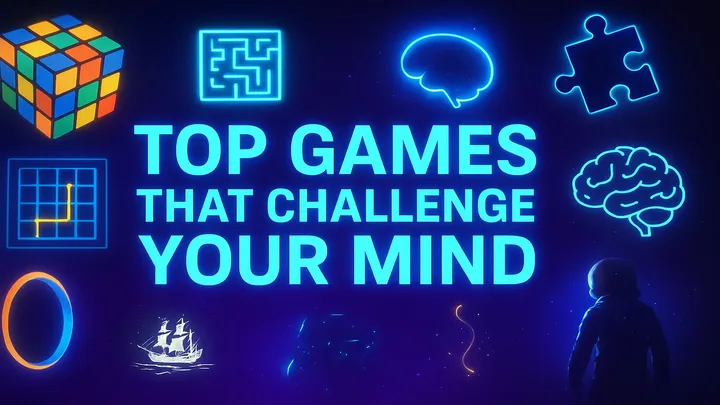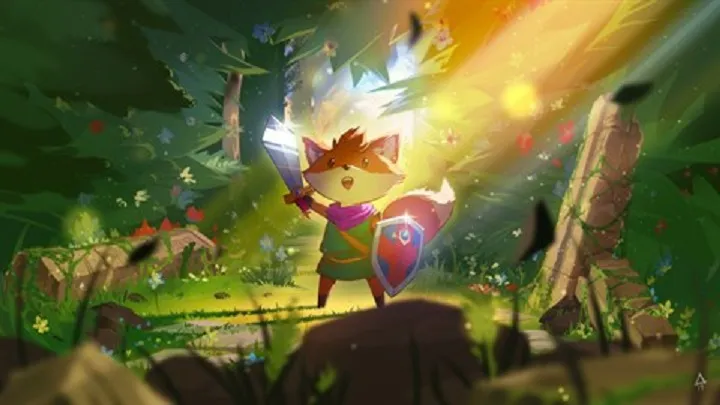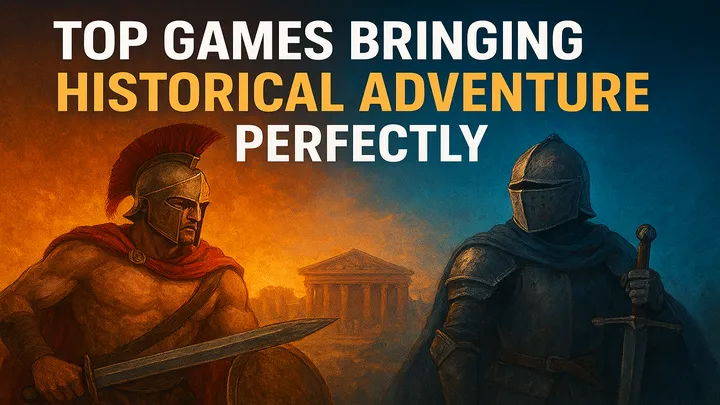Introduction
Hades by Supergiant Games has earned its place among the most celebrated roguelikes for its sharp combat, rich storytelling, and intricate progression systems. At the heart of every run lies a mechanic that both excites and frustrates players: the boon system. These divine gifts from Olympian gods shape each journey through the underworld, giving Zagreus powerful abilities, synergies, and sometimes even overwhelming combinations. Yet, this very system raises a major issue: the delicate balance between randomness and strategic control.
This article takes a deep dive into the boon dilemma in Hades, tracing how it affects the player’s progression over time. From early excitement to long-term mastery, we’ll explore how the randomness of boons creates tension, triumph, and occasional despair. We’ll also look at how the community and developers have addressed these concerns, what strategies players use to overcome them, and what lessons future roguelikes can learn from Hades.
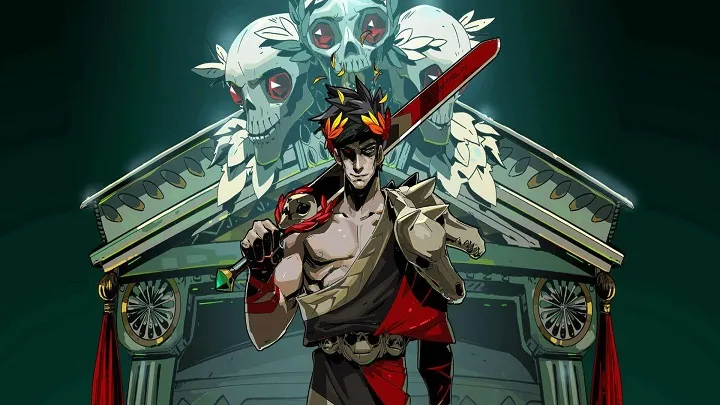
First encounters The thrill of early boons
When new players first encounter a boon, the experience is electrifying. A god’s voice fills the chamber, the divine icon glows, and the player chooses among three random blessings. This mechanic introduces unpredictability that makes each run unique.
At first, the randomness feels liberating rather than restrictive. Players experiment with Zeus’s chain-lightning, Aphrodite’s charms, or Poseidon’s knockback effects. Each choice promises a fresh experience, and failure doesn’t sting because discovery itself feels rewarding.
Learning patterns Building early strategies
After several runs, players begin recognizing patterns in boons and how they can synergize. Artemis’s critical hits pair beautifully with Zeus’s lightning; Athena’s deflect works well with ranged weapons. This stage creates the illusion of control, as players think they can “plan” their runs.
But even with this growing knowledge, randomness remains dominant. Players may hope for Artemis but instead face three choices of gods with poor synergy. In this way, early strategies often collide with the unpredictability of boon availability.
The illusion of planning Frustration in mid-game runs
As players advance deeper into the underworld, the illusion of control weakens. They know what builds can work — for example, combining Dionysus’s poison with Demeter’s chill — but the gods may never align to provide it.
This creates mid-game frustration. Runs can collapse not from poor play but from unfavorable boon offerings. At this stage, some players begin to feel that success depends less on skill and more on luck, which undermines the sense of fairness.
The emotional rollercoaster Highs of synergy and lows of bad luck
The randomness of boons drives an emotional rollercoaster. When the stars align, Zagreus becomes a powerhouse, chaining criticals and clearing rooms in seconds. These highs feel exhilarating and keep players engaged.
But the lows are equally powerful. A run can become frustratingly weak if key boons never appear. This uneven experience raises the central question: how much luck is too much in a game that also rewards player skill?
How randomness shapes replayability
Randomness is not just a flaw; it is also the foundation of Hades’ replayability. No two runs are the same, and players are motivated to return in hopes of discovering new synergies. The boon system ensures that monotony never sets in.
However, the cost of replayability is fairness. Some runs are stacked with overpowered combinations, while others feel doomed from the start. For many players, this balance is acceptable, but for others, it creates fatigue after dozens of hours.
Community response Debates on fairness and skill
The Hades community is divided on the boon dilemma. Some argue that the game’s skill ceiling is high enough to overcome bad luck, pointing to players who succeed with “bad” builds. Others claim that certain combinations are necessary for consistent progress, and without them, victory is nearly impossible.
Discussions often center on whether Hades rewards true skill or simply perseverance until luck delivers the right run. This debate highlights a broader issue in roguelike design: where should the line between luck and mastery be drawn?
Developer design choices Why boons are intentionally random
Supergiant Games has explained that randomness is an intentional design philosophy. The gods are meant to feel fickle and unpredictable, mirroring the chaotic nature of mythology itself. This thematic justification ties randomness directly to narrative.
By embracing chaos, the developers crafted a world that feels alive, where players adapt rather than control. This decision prioritizes atmosphere and replayability over strict fairness, and while it frustrates some, it gives Hades its distinctive character.
Coping strategies How players work around randomness
Over time, the community has developed strategies to mitigate the randomness of boons:
- Prioritizing keepsakes to guarantee specific gods appear.
- Using mirror upgrades to expand reroll opportunities.
- Leaning on Daedalus hammers as reliable sources of power.
- Accepting “imperfect builds” and focusing on skillful play.
These methods allow experienced players to reclaim some agency, turning what appears to be pure luck into a balance of luck and mastery.
Long-term engagement and the boon dilemma
For many players, the boon system keeps Hades engaging even after hundreds of runs. Discovering new synergies and pushing builds to their limits creates endless variety.
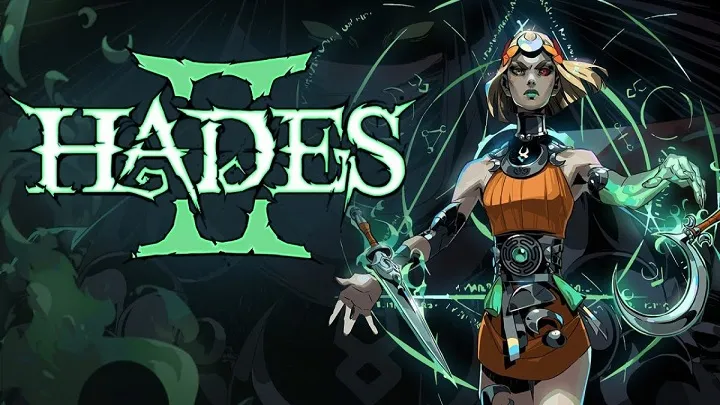
Yet for others, the randomness eventually leads to burnout. After dozens of failed runs due to bad boon offerings, the excitement fades. The long-term success of Hades relies on whether players see randomness as a challenge to overcome or an obstacle to progress.
Lessons for future roguelikes Balancing chaos with agency
Hades demonstrates both the strengths and pitfalls of randomness in roguelikes. Future games can learn from its design by preserving unpredictability while offering stronger tools for control. Possible improvements include:
- Expanding guaranteed selection systems like keepsakes.
- Allowing more rerolls per run to counter bad luck.
- Designing “fallback boons” that prevent weak builds.
- Offering progression rewards that slightly stabilize randomness over time.
These lessons suggest that chaos should be tempered, not eliminated, ensuring players feel their skill has as much weight as luck.
Conclusion
The boon dilemma in Hades embodies the tension at the heart of roguelike design. Randomness creates excitement, replayability, and unforgettable highs — but it also introduces frustration, unfairness, and a sense of lost control.
By examining the journey from early wonder to long-term engagement, we see that Hades succeeds because its strengths outweigh its weaknesses. Still, the game sparks valuable discussions about how much power randomness should hold. For players, it’s a lesson in adaptability; for developers, it’s a blueprint for balancing chaos and agency in future roguelikes.








